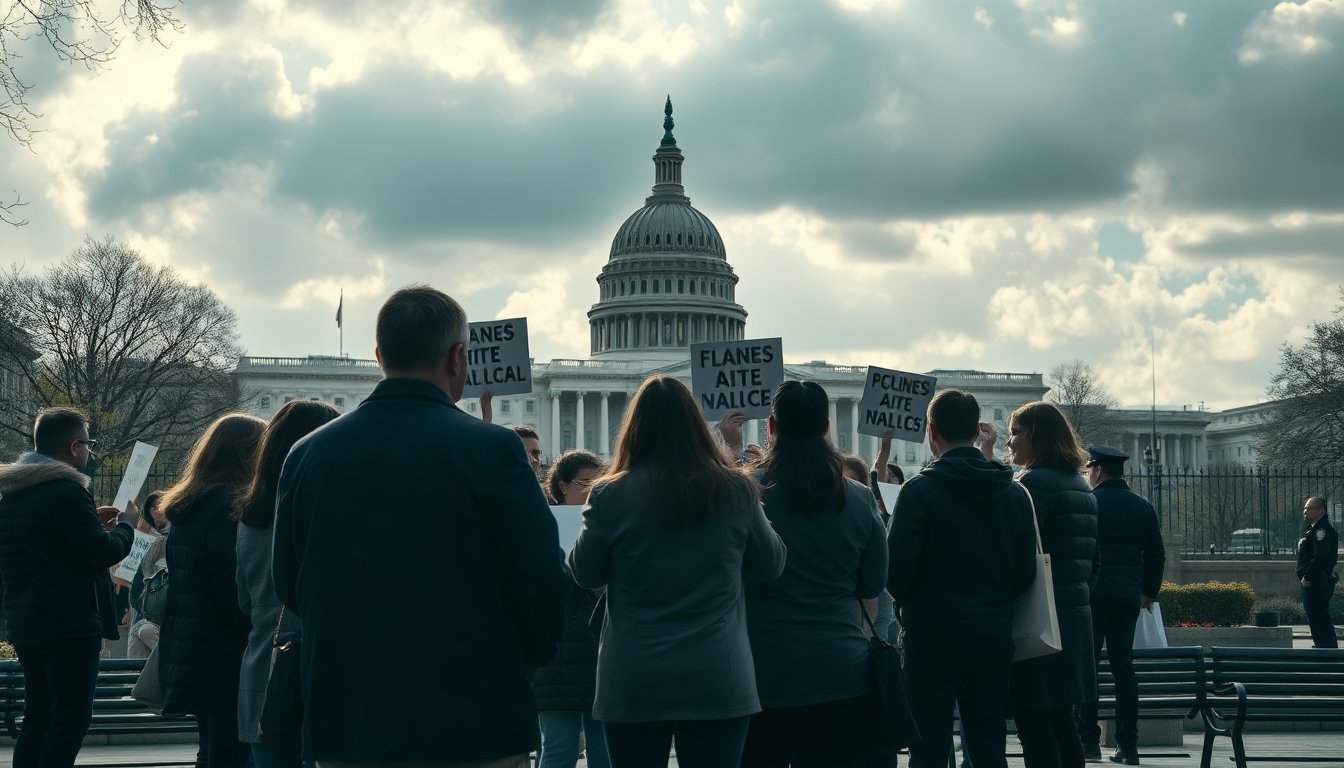Table of Contents
In the landscape of American politics, the weight of words can be profound. Inflammatory rhetoric often leads to unintended consequences. Recently, the Secret Service faced scrutiny when an employee was placed on administrative leave due to a provocative social media post regarding the assassination of conservative figure Charlie Kirk. This incident highlights the volatile nature of political discourse and raises questions about the responsibilities of public servants in their expressions.
The Incident and Its Immediate Aftermath
The Secret Service acted against Anthony Pough, an agency employee, after he made disparaging remarks about Charlie Kirk following his tragic assassination. Kirk, a well-known conservative activist and founder of Turning Point USA, was fatally shot during an event at Utah Valley University. Pough’s comments on social media included a dismissive statement about those mourning Kirk’s death, criticizing Kirk’s views as hateful and racist. This rhetoric is not new in a polarized political environment but serves as a reminder of how language can escalate tensions.
Pough’s post remained online for several hours before being reported, causing unrest among his colleagues in the Secret Service. The agency swiftly addressed the situation, emphasizing that such behavior is inconsistent with their code of conduct. This action underscores the importance of professionalism in roles that require a commitment to public service and safety.
The Broader Implications of Political Rhetoric
The fallout from Pough’s remarks highlights growing concern over the impact of inflammatory speech in political discourse. Critics argue that such rhetoric contributes to a culture of division and hostility, which can lead to real-world violence. Following Kirk’s assassination, reactions from both conservatives and liberals reflected a shared sense of loss, yet differing interpretations of his legacy reignited debates about the nature of political speech.
Former MSNBC contributor Mathew Dowd characterized Kirk as a controversial figure whose rhetoric often targeted specific groups, suggesting that hateful thoughts can lead to hateful actions. This perspective raises critical questions about accountability in political communication. As public figures wield significant influence, their words can shape public opinion and potentially incite unrest. The challenge lies in balancing free speech with the responsibility to foster civil discourse.
Looking Ahead: The Future of Political Discourse
As the political climate continues to evolve, the importance of responsible communication becomes increasingly evident. The Secret Service incident serves as a poignant reminder of the consequences that can arise from incendiary rhetoric. Moving forward, it is essential for both public officials and citizens to engage in dialogue that promotes understanding rather than division.
In the face of tragedy, there exists an opportunity for reflection on the values that underpin a healthy democracy. By fostering respectful discourse and holding individuals accountable for their words, society can work towards a more cohesive political environment. The challenge remains to navigate the complexities of political dialogue while ensuring that all voices are heard and respected.


